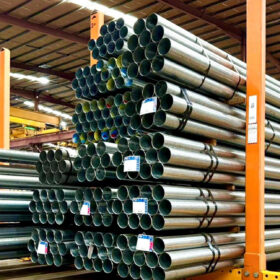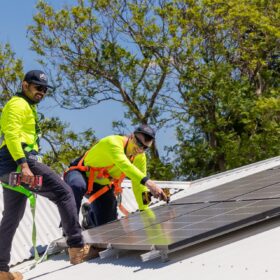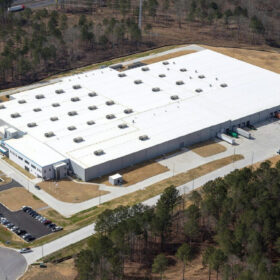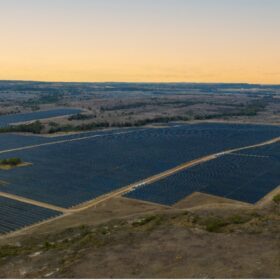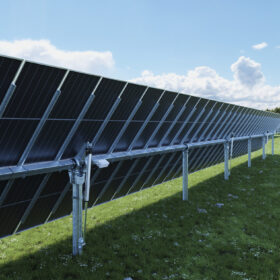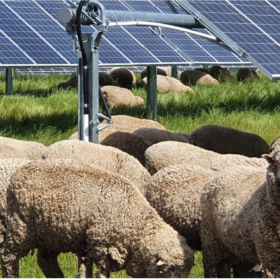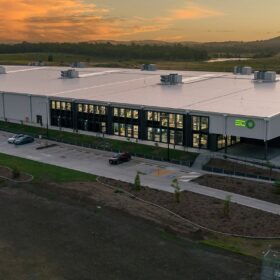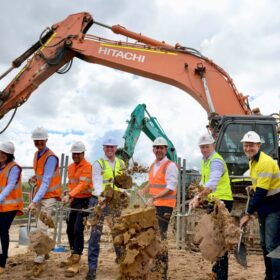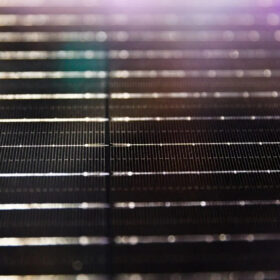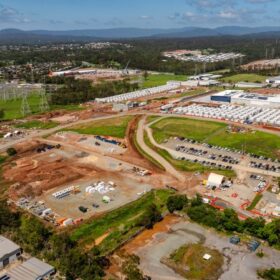Nextracker to use local steel in 480 MW Queensland project
In the Australian leg of its global strategy, US-based tracker supplier Nextracker will use localy produced steel for a major project.
Interview: Guiding consumers to make smart solar decisions
A new guide is hoping to point Australian households in the direction of the right solar system for their home, today and into the future. Mike Roberts, from the UNSW, helped create the Solar Consumer Guide and smart tools like SunSPOT and explained how they work.
Weekend read: Thin prospects
The production of PV ingots and wafers remains the most highly concentrated of all the production stages in the silicon solar supply chain. Yet efforts to re-establish production in Europe and the United States are not for the faint-hearted.
PPA upside for large-scale solar grows
Bilateral power offtake agreements between corporate and industrial companies and solar projects are creating significant and growing demand for utility scale PV in Australia. The development is one of a number of bright spots in a challenging market segment.
CEC calls for federal residential battery subsidy
The Clean Energy Council (CEC) has called for the federal government to introduce a subsidy program to support residential battery uptake. The CEC says a so-called Home Battery Saver Program would be “the missing piece of the [policy] puzzle.”
Smart Energy Expo: Trina spotlights system supply
Trina highlights value of single supplier in community solar, agrivoltaic applications along with PV power plant revamping.
Renewed push on agrivoltaics could help resolve conflict in rural communities
With opposition to large-scale renewables transmission projects being expressed in some rural and regional communities, solar’s ability to be coupled with agriculture could present opportunities for collaboration rather than conflict.
QLD adds $210 million to battery industrial strategy
The Queensland government is adding a further $210 million in pursuit of establishing a battery production industry in the state. The sum brings the total committed to its Battery Industry Strategy to $570 million.
Rystad Energy: big batteries to create tailwind for large scale solar
The accelerating deployment of large-scale energy storage is one factor behind the tailwinds forming for large scale solar. Rystad Energy senior analyst David Dixon said that with gigawatts of big batteries under construction, the flexible load will create demand for solar during peak PV production periods.
‘Sustainable’ module prices unlikely to fall further
PV manufacturing analysis is revealing that module prices can not “sustainably” fall significantly in 2024, without producers selling below cost. UK-based analysts Exawatt delivered the development last week, in a trend being observed by Australian market participants.

